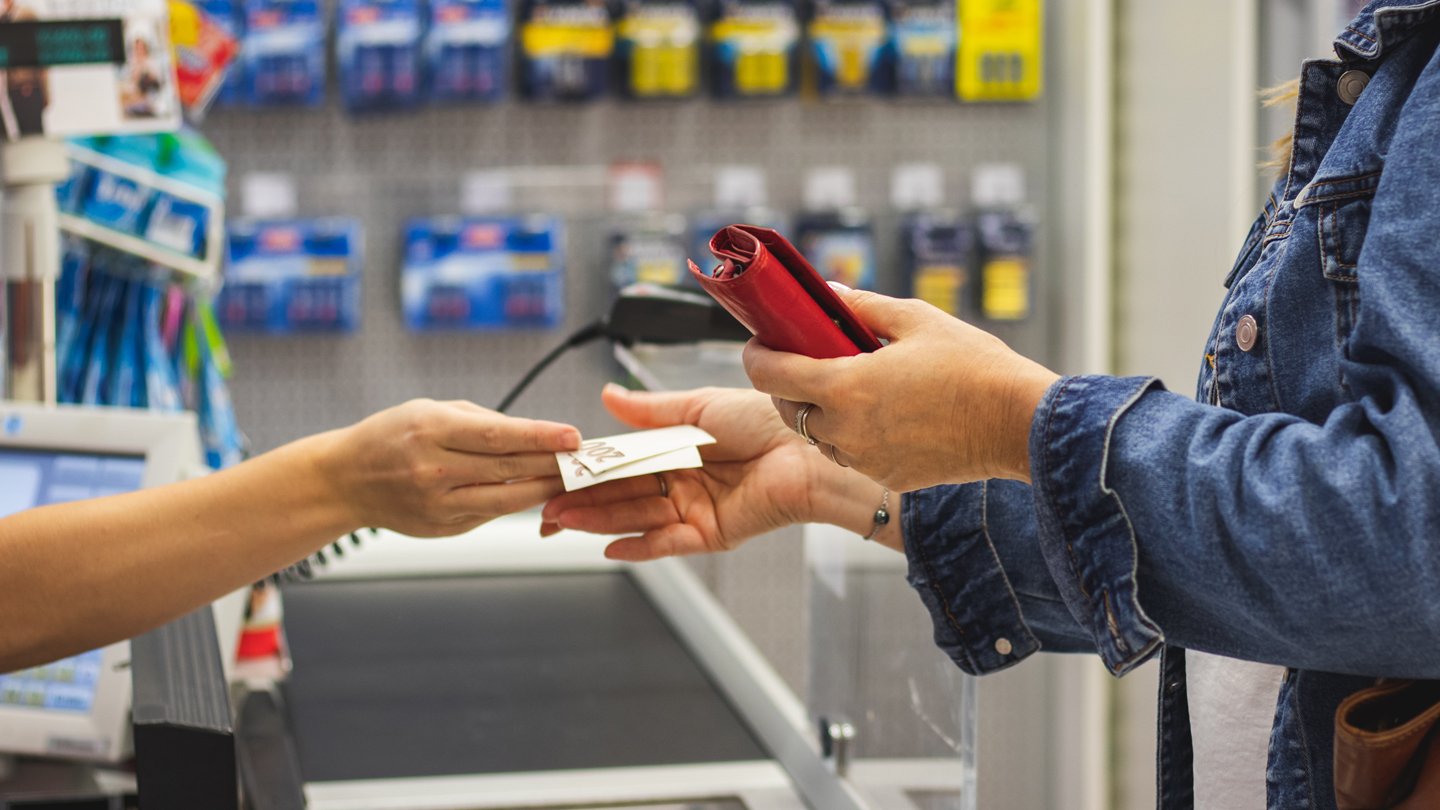Why cash payments matter
Paul Race

Why Cash Payments Matter for a Positive Customer Experience
In an age dominated by technology, where contactless cards, mobile wallets, and tap-to-pay options are becoming ever more prevalent, it is easy to overlook the enduring importance of cash as a means of payment. Yet, the ability to pay in cash remains a cornerstone of an inclusive, flexible, and customer-friendly experience in shops and restaurants. This isn’t just a matter of habit or nostalgia, it’s a practical issue of accessibility, autonomy, and respect for the diversity of needs among customers. Why cash still matters, and should continue to matter, at the point of sale.
Inclusion: Serving Every Customer
First and foremost, cash is a universal payment method. Not everyone has access to credit or debit cards, let alone mobile payment systems. According to recent surveys, a significant portion of the population, particularly young people, the elderly, and those on lower incomes, rely on cash as their primary or only means of payment. When shops and restaurants insist on cashless transactions, they risk excluding these customers entirely.
For example, elderly patrons may be less comfortable with digital payments or may not have the necessary devices or cards to hand. Tourists from abroad might not have compatible bank cards, but they can use cash easily. By accepting cash, businesses send a message that everyone is welcome, regardless of their technological savvy or financial circumstances.
Privacy and Security: Protecting Customer Data
Cash transactions are inherently private. When a customer pays in cash, there is no digital trail, no risk of banking details being intercepted, no potential for data to be sold or misused. In an era of frequent data breaches and growing digital surveillance, many customers are understandably wary of sharing sensitive financial information. Cash gives people the option to enjoy a meal or browse a shop without sacrificing their privacy.
Moreover, cash payments grant customers a sense of security and control over their spending. There is no risk of accidental overdrafts, no hidden fees, and no concerns about fraudulent charges appearing on a bank statement. For those who value discretion and simplicity, cash remains unmatched.
Convenience and Resilience: Handling the Unexpected
Cash is reliable. When card machines go down, Wi-Fi fails, or there is a glitch with a payment provider, cash is unaffected. Shops and restaurants that accept cash are better equipped to deal with technology outages, ensuring they don’t miss a sale and their customers aren’t left frustrated or embarrassed at the till.
Furthermore, cash can speed up transactions, especially for small purchases, avoiding the delays that sometimes occur with card authorisations or mobile app malfunctions. In busy environments, such as cafes or street food stalls, this can keep queues moving and spirits high. For both customers and staff, the ability to grab, count, and hand over cash can feel more immediate and tangible than relying on machines.
Empowerment and Budgeting: Helping Customers Stay in Control
For many people, cash is a vital tool for managing their finances. Physically holding and handling money helps some customers stick to a budget, it’s easy to see when the wallet is getting lighter, which isn’t always obvious with cards or apps.
Young people learning about money, or those seeking to avoid debt, often rely on cash as a means of self-regulation. Shop and restaurant owners who accept cash support these efforts, making their spaces more accessible to customers who are mindful of their spending.
Legal Tender and Fair Access
In many countries, cash is legal tender, officially recognised as an acceptable form of payment for goods and services. Refusing cash can be seen as flouting this principle and, in some places, may even be unlawful. But legality aside, the spirit of accepting cash is about fair access: ensuring that nobody is turned away from enjoying a meal out or buying a gift due to inflexible payment policies.
Building Trust and Loyalty
Every positive customer experience is built on a foundation of trust. When businesses offer multiple payment options, including cash, they demonstrate a willingness to meet customers where they are. This thoughtfulness is remembered. Customers are more likely to return to shops and restaurants where they feel understood and respected, and more likely to recommend these places to friends and family. In a competitive market, these small touches can set a business apart.
Cash as Part of a Balanced Payment Ecosystem
Of course, digital payments bring plenty of advantages: speed, convenience, and hygiene among them. The point isn’t to reject progress, but to balance innovation with inclusion. Shops and restaurants that offer both cash and electronic payments are catering to the widest possible audience, ensuring that technology enhances rather than restricts the customer experience.
Conclusion
Cash may seem old-fashioned amid the beeps and pings of today’s checkout counters, but its value endures. Accepting cash is about much more than coins and notes, it’s about respect, accessibility, and treating every customer as worthy of choice. Shops and restaurants that recognise the importance of cash are building a stronger, more inclusive community, one transaction at a time.
In the end, the best customer experience is one where everyone feels welcome, empowered, and at ease. Keeping cash in the mix is a simple, powerful way to make that happen.
If you’d like to learn more about how Glory’s solutions can optimize the cash processes and enhance the customer experience in your business let’s start the conversation.